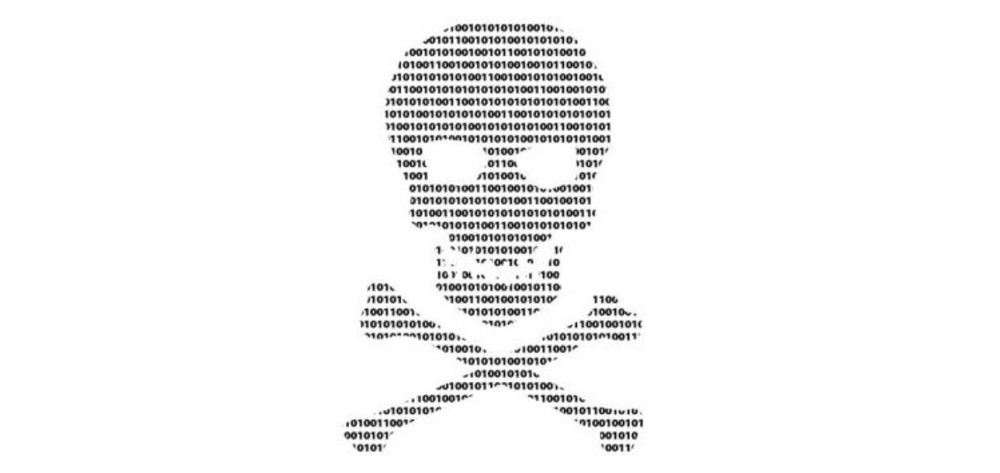REPORT: Content owners, ISPs, argue their case before Senate inquiry

“We have been bled dry for twenty years,” Australia’s music, film and TV content owners jointly told a Senate committee on the effect of online piracy.
It was part of an eight-hour session last Friday held by the Senate Standing Committees on Legal and Constitutional Affairs inquiry into the Copyright Amendment (Online Infringement) Bill 2015.
The content owners stressed that “overdue” legislation will give them powers to take on pirates through the courts, in line with 39 other countries. It would also send a message to those Australians downloading illegally with “arrogant impunity”.
Brett Cottle, CEO of the Australasian Performing Right Association (APRA) which has 80,000 members, said, “Australia's creative industries, and the tens of thousands of writers who underpin those industries, have been waiting for a very long time for an expression by the Australian Parliament of support and respect for their work and their place in the life of the nation in the face of a two decade long assault on their rights by way of digital piracy.”
Cottle also addressed concerns that any legislative moveis doomed to fail as tech-savvy consumers and pirates could easily devise ways to surmount any blocks (like using virtual private networks). He admitted, “We know that there is no silver bullet but what it will do is to create a practical and feasible means by which to address the problem. It will give to creative industries at least a means to fight back, it will assist in changing the behaviour of Australian consumers, and most importantly, it will send a powerful, practical and symbolic message to the artists and creators of Australia.”
Christopher Chard from Roadshow Films rejected the notion that controls would “destroy” the internet. He said that in the last four years, the UK closed down 125 piracy sites with no impact on internet usage. One site hit with an injunction lost 84% of its traffic.
Earlier last week, associations representing free-to-air TV networks and pay TV channels were concerned that under the current proposed, the Federal Court will have to believe that the “primary purpose” of an overseas website is to facilitate copyright infringement before it grants an injunction. They said that the test is “very difficult” to meet and asked that it be changed to “substantial purpose or effect” or to drop the threshold test altogether as is the case in Britain and parts of the European Union.
Friday’s session also saw the Internet Society of Australia, the Communications Alliance and the Australian Interactive Media Industry Association (AIMIA) detail their reservations about the wider ramifications of the Bill.
The Communication Alliance’s CEO John Stanton told the Senate that issues as costs for blocking sites and indemnity for ISPs were not addressed in legislation as promised. (The cost to telcos is estimated unofficially at $130,825 a year but costs are going to vary on the type of blocking to take place). AIMIA’s Executive Director Carolyn Dalton advised the Senate committee to take into consideration that much research is done on BitTorrent which could be being blocked “despite its many legitimate and legal uses.”
ISPs also were concerned that there is no cap on the number of websites that copyright owners can ask to block in a single application. Nor does it indicate who decides – the judge or the ISP? – on how a site should be impeded. However the Bill does allow for a judge to limit the length of the block and how it can be revoked or changed.
Laurie Patton, CEO of the Internet Society of Australia, who appeared with the Chair of its Policy Committee, Holly Raiche, outlined that the ISA’s mission “is to promote the development of the internet for the benefit of the entire community; including business, educational, government and private internet users. As such, we are the peak organisation representing the interests of everyone who uses the internet.”
He pointed out the risk that the Bill could block access to legitimate websites. “We're concerned that ad hoc legislative changes designed to address specific issues, such as site-blocking, are at odds with good policy making because they risk unintended consequences that can impact on the trust and the efficiently that underpins the internet.”
Patton added, “We believe that blocking access to international websites will be largely ineffective, being relatively easy to bypass. The costs to the internet industry and ultimately passed on to consumers will be significant, disproportionate and unjustifiable.”
A final report from the Senate standing committee is due to be released on Wednesday May 13.

































